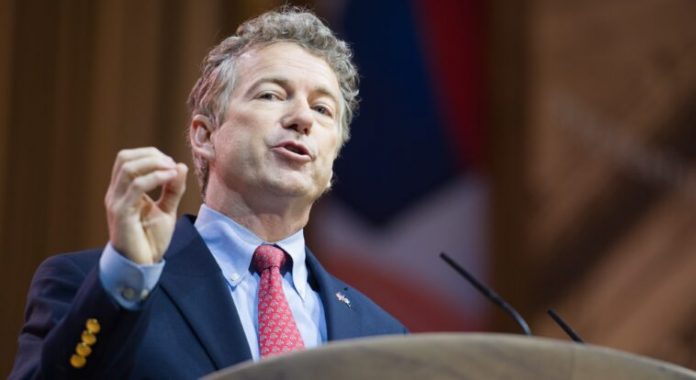Senator Rand Paul of Kentucky, a stalwart conservative, recently issued The Hidden Tax, a much-needed analysis that shows the impact of inflation on American families and small companies.
His analysis report said “$4.9 trillion in COVID-19 stimulus spending has led to one of the highest and most sustained levels of inflation in U.S. history. While government stimulus spending was intended as a form of relief, and low and middle-income families as well as small business owners were promised that their taxes would not increase, Americans everywhere are now paying a hidden tax called inflation.”
Low- and middle-income families spend more of their income on high-inflation products like fuel, used automobiles, and food. These three categories account for roughly 40% of the annual income of families in the lowest income quartile. Families in the top quartile, by comparison, spend only 10% of their annual income on these areas.
The report concludes that, while no formal tax has been imposed to pay for the government’s recent spending trends, a hidden, regressive tax has been imposed on the American public, with low and middle-income families and small businesses paying more and wealthy families and large businesses paying less.
Even from those samples, it is clear that inflation is a significant problem that is disproportionately affecting the middle and working classes.
Small firms are struggling, not only as a result of Covid-induced closures but also as a result of rising inflation. Massive price increases in basics, particularly food and petrol, have affected consumers hard.








